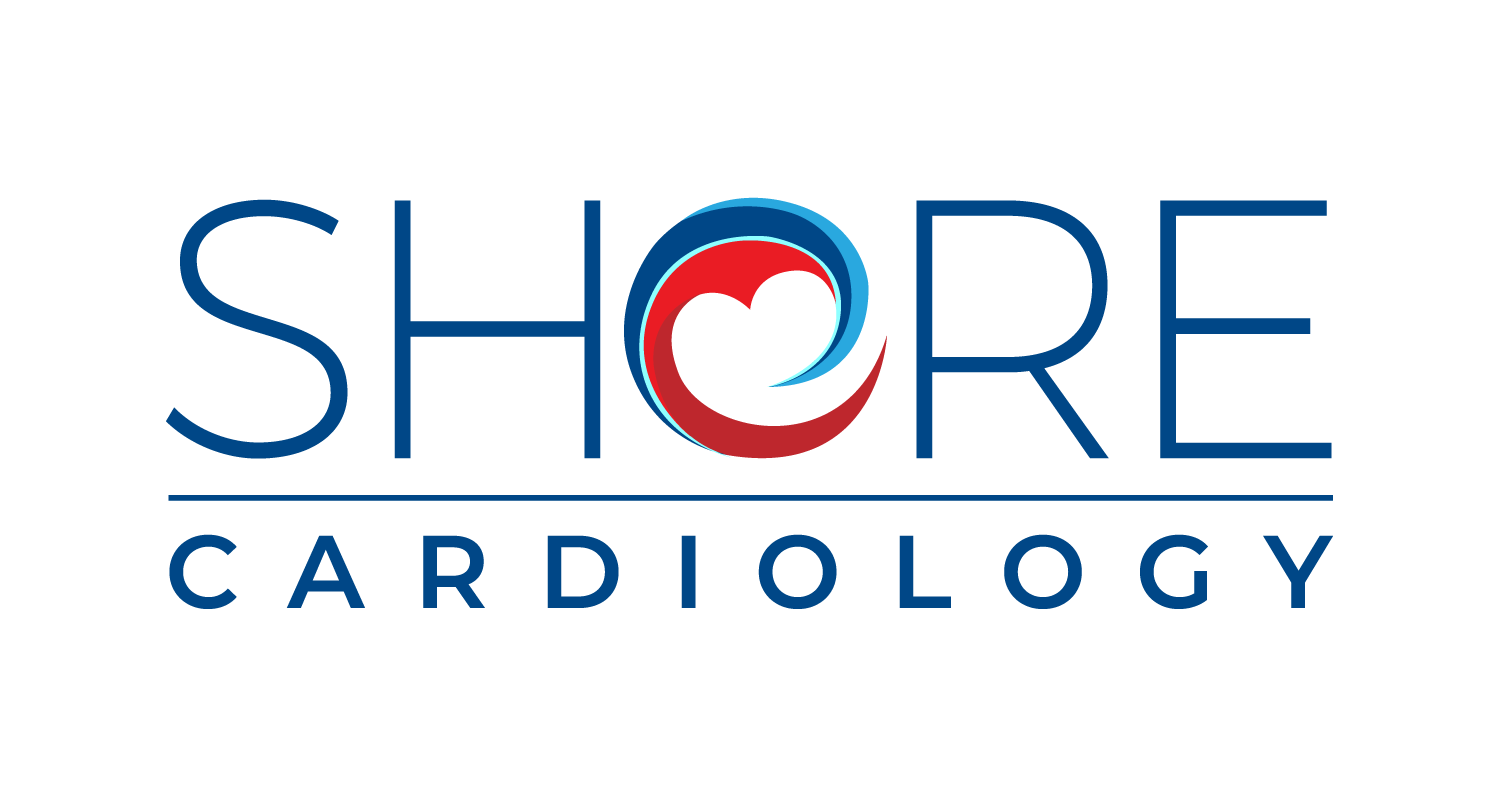What is Hypertension?
Hypertension, commonly known as high blood pressure, is a silent yet serious medical condition affecting millions worldwide. It often develops without noticeable symptoms, yet its impact on long-term health can be profound. At Shore Cardiology, we believe in empowering patients with knowledge to help them understand and proactively manage hypertension effectively.
Understanding Blood Pressure: The Basics
Blood pressure is the force exerted by your blood against the walls of your arteries as your heart pumps. It’s measured in two numbers:
Systolic Pressure (top number): The pressure in your arteries when your heart beats.
Diastolic Pressure (bottom number): The pressure in your arteries when your heart rests between beats.
A normal blood pressure reading is typically around 120/80 mmHg. Hypertension is diagnosed when readings consistently exceed 140/90 mmHg, but even slightly elevated levels (called "pre-hypertension") can signal potential health risks.
Why Hypertension Matters
Hypertension forces your heart and blood vessels to work harder, which can lead to serious health complications if left unmanaged. Over time, high blood pressure can damage vital organs, increasing the risk of:
Heart Disease: The leading cause of death globally, linked closely to hypertension.
Stroke: Elevated blood pressure can lead to blocked or burst arteries in the brain.
Kidney Damage: Hypertension can impair kidney function, potentially leading to kidney failure.
Vision Loss: High blood pressure may damage the blood vessels in the eyes.
The Silent Killer: Symptoms of Hypertension
Hypertension is often called the “silent killer” because it usually presents no symptoms. Many individuals live with it for years without realising it. However, in severe cases, symptoms may include:
Headaches
Shortness of breath
Nosebleeds
These symptoms typically appear when blood pressure levels are dangerously high and require immediate medical attention.
How Hypertension is Diagnosed
Regular blood pressure checks are crucial for early detection. At Shore Cardiology, we use advanced diagnostic tools to provide accurate and reliable readings. A single high reading doesn’t automatically indicate hypertension, as blood pressure can fluctuate due to stress, exercise, or other factors. Diagnosis typically involves multiple readings over time or the use of a 24-hour ambulatory blood pressure monitor. This is the gold standard for hypertension diagnosis and very useful in the setting of “White Coat Hypertension”, a situation where blood pressure is elevated only when visiting the doctor.
Who is at Risk?
Hypertension can affect anyone, but certain factors increase your risk, including:
Age: Risk increases as you age.
Family History: Genetics play a significant role.
Lifestyle Factors: Poor diet, lack of exercise, smoking, and excessive alcohol intake.
Chronic Conditions: Such as diabetes, kidney disease, or sleep apnea.
Understanding these risk factors is the first step toward prevention.
Prevention and Management
While hypertension is a serious condition, it’s also highly preventable and manageable. At Shore Cardiology, we advocate for a proactive approach that includes:
Regular Monitoring: Stay informed about your blood pressure.
Healthy Lifestyle Choices: Eating a balanced diet, exercising regularly, and managing stress.
Medication: When lifestyle changes alone aren’t enough, effective medications are available.
By addressing hypertension early, we can significantly reduce the risk of life-threatening complications.
When you might be referred to a cardiologist
While hypertension can often be managed by a GP, there are situations where specialised care from a cardiologist becomes essential.
“Resistant” or Difficult-to-control hypertension—a condition where blood pressure remains elevated despite the use of at least three antihypertensive medications, including a diuretic.
Screening for Secondary Causes of Hypertension is another key reason for referral. While most cases of hypertension are primary (essential hypertension), secondary hypertension arises from an underlying condition, such as:
Kidney disease
Hormonal disorders like primary aldosteronism
Vascular abnormalities
Cardiologists can identify secondary causes through targeted investigations, including specialised blood tests, imaging studies (e.g., renal artery Doppler or CT scans), and hormone panels. Identifying a secondary cause is critical as the treatment often involves addressing the root condition rather than just controlling blood pressure. For example, a patient with primary aldosteronism may benefit from specific medications or even surgical intervention, resulting in better blood pressure control and a reduction in long-term cardiovascular risks.
Early referral to a cardiologist in these scenarios not only improves blood pressure management but also helps prevent complications such as heart disease, stroke, and kidney failure. At Shore Cardiology, our team is equipped to handle complex hypertension cases with personalised, evidence-based care.
Take Control of Your Heart Health Today
If you’re concerned about hypertension or simply want to stay on top of your cardiovascular health, Shore Cardiology is here to help. We don’t just treat hypertension—we partner with you to improve your overall heart health. Our personalised care plans are tailored to fit your unique lifestyle and health goals, whether you’re managing an existing condition or taking proactive steps to prevent future health risks.
Contact Shore Cardiology to schedule your consultation and take the first step toward a healthier, stronger heart.
References
While this article provides a comprehensive overview, we encourage you to explore other reputable sources for further reading:
[1] World Health Organization: Hypertension
[2] Mayo Clinic: High Blood Pressure

